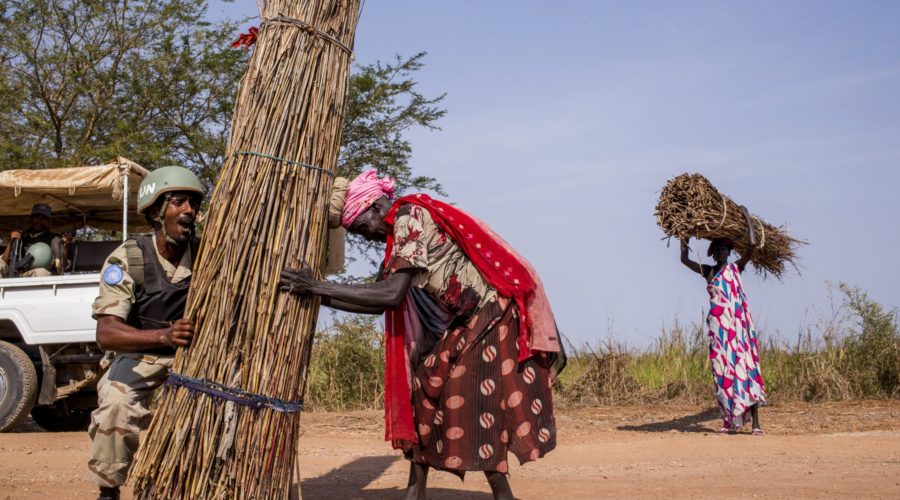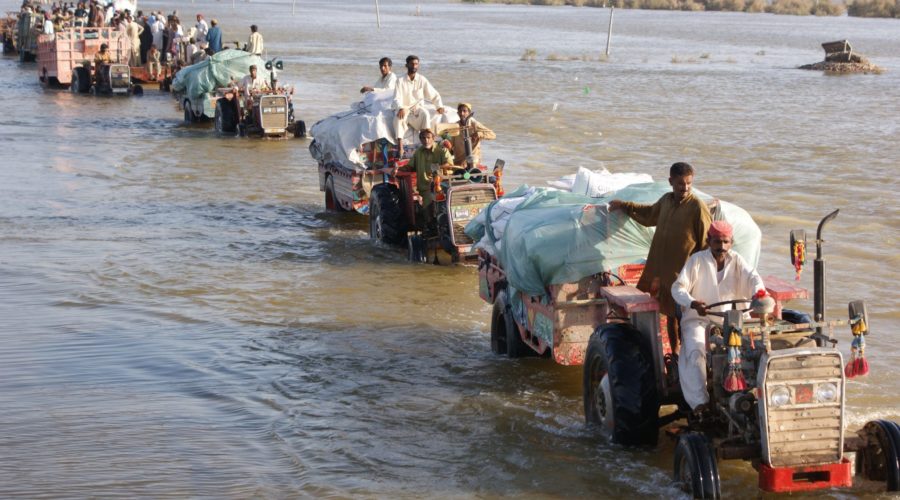Humanitarian access is compromised by different factors. In some cases, violent conflict can constrain the ability of humanitarian workers to access areas where the needs are most intense i.e. it is too dangerous to go there. Sometimes bureaucratic restrictions (denial of visas and work permits, restrictions on issuing travel permits etc.) are imposed on humanitarian workers by State and non-State actors which make it difficult to work in certain locations. Furthermore, legal restrictions, such as counter-terrorism laws can threaten the potential for humanitarian organisations to work freely and without fear of legal recriminations in areas where groups that appear on the terror watch list have a presence. This is particularly applicable in al Shabaab-controlled areas of Somalia. Although, it should be noted that no humanitarian organization has ever been prosecuted and British officials stress that the emergency nature of humanitarian work is taken into account in the application of such laws.
Humanitarian access can also be impeded in natural disaster situations where hurricanes, typhoons, and floods can damage infrastructure and communications routes that cut off affected people from assistance.
We should also remember some basic issues that can undermine humanitarian access, such as a lack of funding to operations, insufficient logistics capacity, and excessive administrative red tape within humanitarian organisations.
Overcoming access challenges
Humanitarian organisations in Syria have little direct access to many people that are affected by the crisis due to high levels of insecurity, and bureaucratic processes that are put in place by the Government. In order to reach the millions of people in hard-to-reach and besieged areas, humanitarians rely heavily on national and local partners and remote programming in the form of cross-border assistance. This modality is used extensively many humanitarian crisesparticularly in Syria, al-Shabaab areas of Somalia and areas of Yemen which are considered unsafe to operate in
The humanitarian community also puts a significant amount of time and energy into negotiating with the Government, de facto authorities and armed groups to deliver principled humanitarian assistance in areas under their control. It is a painstaking and essential part of finding a way to deliver assistance to people that are in critical need, but hard to reach.
It is also important to try and deliver direct assistance in volatile contexts, and for humanitarian organisations to visibly deliver assistance in an impartial and neutral manner to retain their acceptance in the eyes of affected people, and groups that control access. Consequently, there is a responsibility to maintain operations in even the most insecure environments, and maintain access to affected people despite the dangers this entails, but importantly, without being reckless. In recent years there has been significant progress in the area of security risk management, to enable humanitarians to stay and deliver as safely as possible. ‘Stay and Deliver’ and ‘Saving Lives Together’ (SLT) are two defining initiatives that have helped bring humanitarian organisations and security risk management closer together in a framework that asks the question ‘how to stay’, rather than ‘when to leave’, thereby framing a balanced humanitarian discourse that puts an equal emphasis on a duty of delivery (to affected people) and a duty of care (to keep humanitarian workers safe).
The Peer-2-Peer project organized a webinar on humanitarian access in December, 2015 with the Regional Humanitarian Coordinator for the Syria response, OCHA’s Civil-Military Coordinator from Mali, and the NGO Forum Coordinator in South Sudan. The webinar summarized some practical ways that field operations had addressed access challenges. While it is not easy to overcome some of challenges, there are some basic principles that can be followed in operations:
- Talk to everyone: Dialogue and interact on a daily basis with armed groups to increase understanding and acceptance of humanitarian operations. In Syria, humanitarian actors use Skype to communicate with rebel commanders to ensure safe and secure transit through their territories.
- Leadership on access: The Humanitarian Coordinator, the HCT and the OCHA Head of Office should support access negotiations at the national level. They should endeavour to promote principled humanitarian action and common approaches.
- Stay flexible and take advantage of opportunities: Employ a flexible approach to access negotiations and adapt quickly to changes in the context. Dynamics can change rapidly in conflict zones providing humanitarians with new opportunities to negotiate access.
- Establish a long-term strategy: A coherent and consistent approach by the HCT is important for ensuring an effective approach to access constraints. Early engagement is essential to ensure that the access approach is included in the project cycle.




